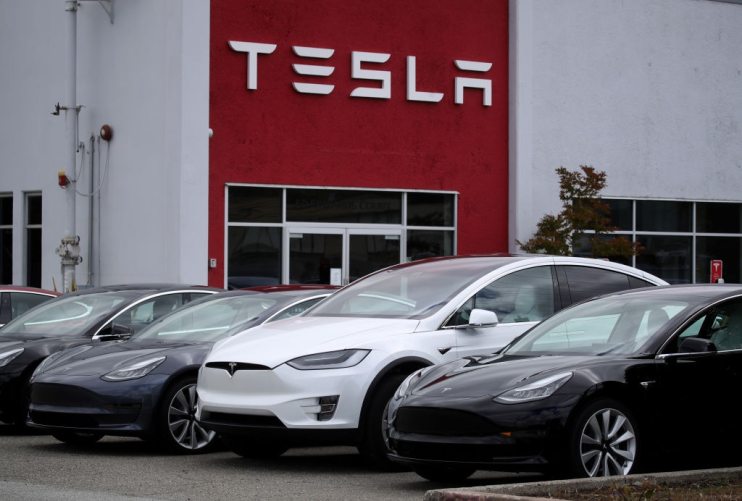Panasonic invests £522m to produce Tesla EV batteries

Panasonic will begin producing its new lithium-ion battery for Tesla from as early as 2023, with plans to invest about 80 billion yen (£522m) in production facilities in Japan.
According to Nikkei this morning, the powerpack could help make electric vehicles (EVs) more attractive to motorists by extending cruising range by about a fifth. Nikkei did not cite where it obtained the information.
“We are studying various options for mass production, including a test production line we are establishing this business year. We don’t, however, have anything to announce at this time,” Panasonic said in a statement sent to Reuters.
Panasonic unveiled the 4680 format (46 millimetres wide and 80 millimetres tall) battery in October. At around five times as big as batteries it currently supplies to Tesla, it is also expected to help the U.S. electric vehicle maker lower production costs.
Panasonic will make the 4680 batteries at a plant in Wakayama prefecture in Western Japan, with output of less than 10 gigawatt hours a year, equivalent to around 150,000 vehicles, the Nikkei said.
Panasonic is the sole maker of the more advanced Tesla battery, ensuring it remains a key supplier to the U.S. company, at least for its pricier models, even as the EV maker seeks out battery suppliers in China and elsewhere.
Last summer, Panasonic has sold its stake in electric car maker Tesla for $3.6bn, a spokesperson for the Japanese company.
The sale came as Panasonic looked to raise cash for investing in growth and to reduce its dependence on Tesla. The electronics firm is dominated by Elon Musk’s company, but the two have often had a rocky relationship with executives trading barbs publicly.